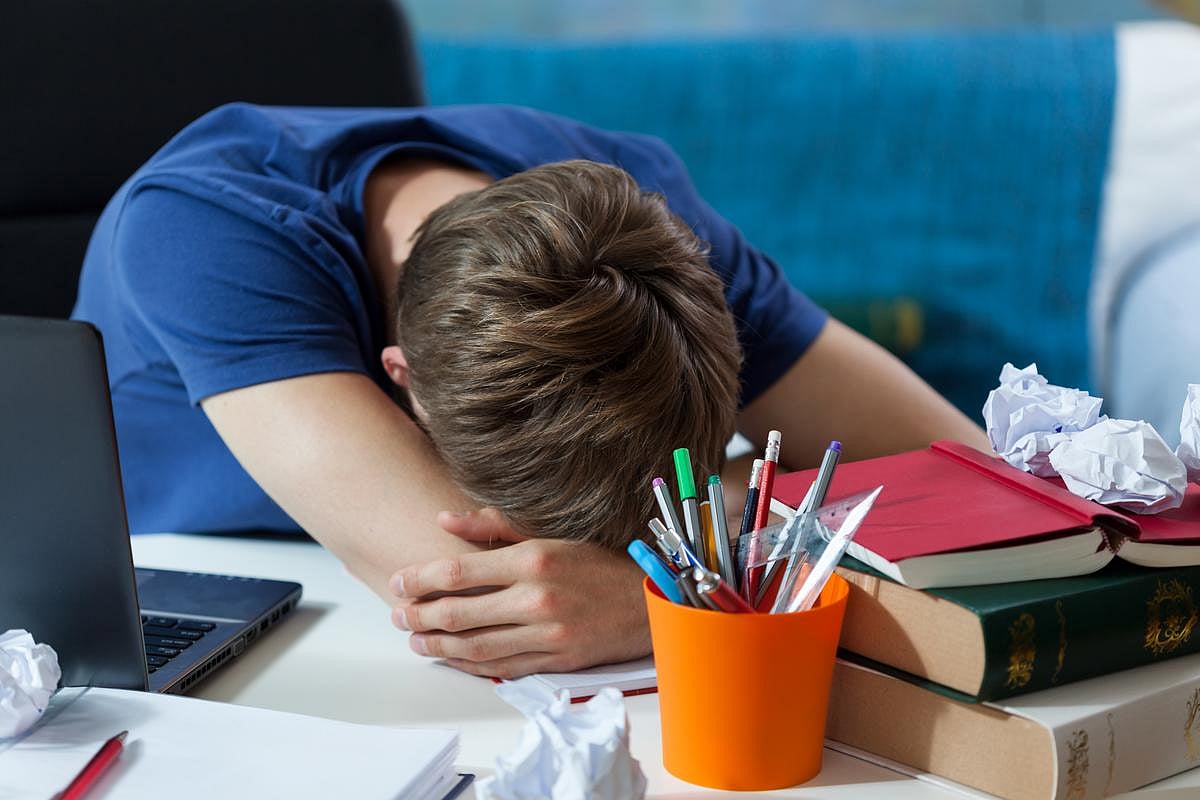Get Healthy!

- Posted November 18, 2025
Morning Workouts Steal Sleep From Student Athletes, Study Finds
Early morning practices may cost college athletes valuable zzz's, according to a new study.
Researchers at The Ohio State University analyzed more than 27,500 nights of sleep from 359 varsity athletes over a five-year period.
Using wearable Oura Rings, the team tracked how practice schedules affected sleep time and sleep quality.
The results were clear: Athletes slept less and slept worse when they had practices starting at or before 8 a.m.
Male athletes slept about 30 minutes less, while female athletes slept about 20 minutes less the night before an early practice.
They also took longer to fall asleep and had more fragmented sleep, researchers said.
"The strength of our study is that we have objective data on a large sample of athletes showing the impact of early practices on sleep," lead author Emaly Vatne, a PhD student in kinesiology at The Ohio State University in Columbus, said in a news release.
The findings, published in the November issue of the Journal of Strength and Conditioning Research, could help coaches better understand how practice timing affects recovery.
"Coaches and others may have this intuition that early practices are not optimal for sleep, but now we have the data to quantify that," co-author Joshua Hagen, faculty director of the Human Performance Collaborative at The Ohio State University, said in a news release.
"There may be times when it is necessary to schedule early practices, but coaches should understand the trade-offs," he added.
Researchers looked at athletes from 15 varsity teams, including football, basketball, ice hockey and swimming. They compared sleep before practices held early (before 8 a.m.), mid-morning, or in the afternoon.
On average, women slept seven hours before early practices and seven hours and 17 minutes before later morning sessions.
Men slept six hours and 20 minutes before early practices, compared with six hours and 50 minutes before later ones.
What's more, early training didn’t just shorten sleep, it also made sleep less efficient.
Athletes had more brief awakenings overnight and spent more time trying to fall asleep.
“If you have an early morning wake-up coming, it’s a bit harder to fall asleep thinking about having to get up early, and you may not sleep as well expecting that alarm," Vatne explained.
Unsurprisingly, athletes went to bed more than an hour later when practices were held in the afternoon.
Hagen said the results highlight some of the tradeoffs in terms of recovery.
"We have so much evidence of the importance of sleep, not just for athletes but everyone," he said. “For athletes, sleep is really one of the best performance-enhancing activities you can do. If you want to get every advantage you can, one of the things you can do is go to bed early.”
Vatne, a former Ohio State soccer player herself, acknowledged that early practices may sometimes be necessary. Still, she said, "but sometimes the extra sleep and focus on recovery may be what your athletes need most."
More information
The Mayo Clinic Health System has more on sleep and athletic performance.
SOURCE: The Ohio State University, news release, Nov. 17, 2025






